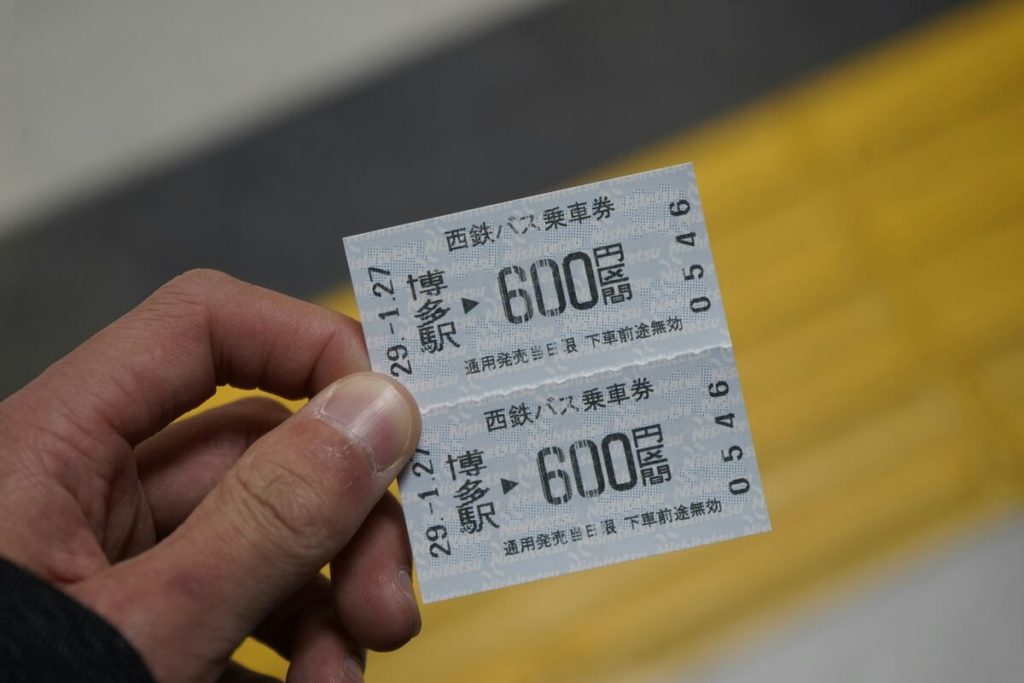Lottery draw games involve purchasing tickets with numbers in order to win a prize, either individually or collectively. Most lottery companies publish tables of odds for their respective draws. Have the Best information about Live Draw SGP.
Lotteries provide governments with revenue while entertaining and exciting participants; however, these games should only be played responsibly within reasonable boundaries and be enjoyed responsibly by all.
Lotteries are a form of gambling.
Lotteries can be considered forms of gambling because they involve wagering something of value on an uncertain outcome, leaving outcomes up to chance. Governments do not prohibit lotteries; instead, they regulate them by restricting sales only to adults and prohibiting minors from buying tickets. Some states use lottery proceeds as additional tax revenue, which are then used for funding state programs like education and public services.
Although most people avoid lotteries due to their slim chance of winning, lottery play remains a popular pastime. Some economists propose that this may be because the lottery offers non-monetary process utility (Hirshleifer 1966; Eadington 1973). A lottery ticket may provide hope for better life outcomes as well as social interaction and fun when played with friends; instant gratification is provided through scratch cards as an additional plus!
Lotteries have generated significant debate due to their widespread popularity. One such game, the NBA Draft Lottery, has been accused of being rigged in order to give specific teams an unfair advantage, and state lotteries may disproportionately target poor communities. Yet lotteries continue to attract players and generate substantial revenues for state governments alike; as long as they uphold ethical marketing practices, they will thrive for many years into the future.
They are a source of revenue for governments.
Casting lots to decide the fate or make decisions has long been part of human societies and is also an effective means of raising funds for public projects. Lotteries come in all forms: simple or complex, with prizes of cash or goods as prizes; more frequently, though, organizers accept no risk in hosting lottery raffles in return for offering a percentage of receipts prizes (with lower chances of success for themselves).
State governments are among the biggest beneficiaries of lottery proceeds, receiving 44 cents of every dollar spent on tickets as lottery revenues. These funds typically support state programs, such as education and public works projects; some states have even used them to provide healthcare services or rent rebates for low-income residents.
However, lottery revenues are less transparent than taxes in that consumers often don’t recognize the implicit rate they are paying when making purchases. Furthermore, lottery sales revenue does not always contribute to improved government finances; indeed, in an anti-tax era, their popularity may reflect more perception than the reality of what this money does for government finances.
Lottery revenues are divided up in various ways, taking into account prize distribution, operating costs, and charitable causes. For instance, the U.K. National Lottery donates an impressive portion of its revenue to charities and community projects in England & and Wales – showing its dedication to social good. These investments can bolster a nation’s image while demonstrating its commitment to community improvement.
They are a form of entertainment.
Lotteries provide players with hours of entertainment. Each draw involves the random drawing of numbers; the more numbers that match yours, the higher your odds of success and winning big! Tickets vary in price depending on prize size; many states use some lottery revenue to fund public projects besides giving out winning prizes themselves; however, their popularity has been called into question due to potential negative social consequences.
Recent survey data indicates that people in the U.S. spend an average of approximately 1.7 days each week playing lottery games. Males aged 30-40 were more likely to gamble, while adolescent gambling was lower; it is expected to rise as populations age.
Government lotteries provide governments with revenue; however, they may not generate the same “warm glow” experienced with other forms of gambling. While lotto players may feel an impressive sense of accomplishment when winning big with the lottery, their wins often pale in comparison with scratch-off tickets; additionally, revenues collected by governments don’t translate to positive participation, yet lottery games remain popular due to their entertainment value and potential payout.
They are a game of chance.
Many lottery game enthusiasts make lottery gaming their full-time job. These lottery players understand the odds and the mechanics and know that winning a jackpot won’t change their lives or make them wealthy – yet many continue playing the lottery because it is their last hope at starting overspending their incomes mostly on lottery tickets rather than other investments such as savings accounts or C.D.s.
The reason why the same numbers seem to keep winning is due to simple probability: each toss of the coin has the same chance of landing either heads or tails, with previous flips having no bearing on subsequent outcomes. Lottery draw games work in much the same way; more attempts will not increase your odds of success!
The lottery exists to generate revenue, not increase the chances of success for consumers. When purchasing a ticket, your odds of winning vary between 1 in 49 and none if someone else wins the top prize first.
Read Also: What You Should Know About Pay To Play Poker

